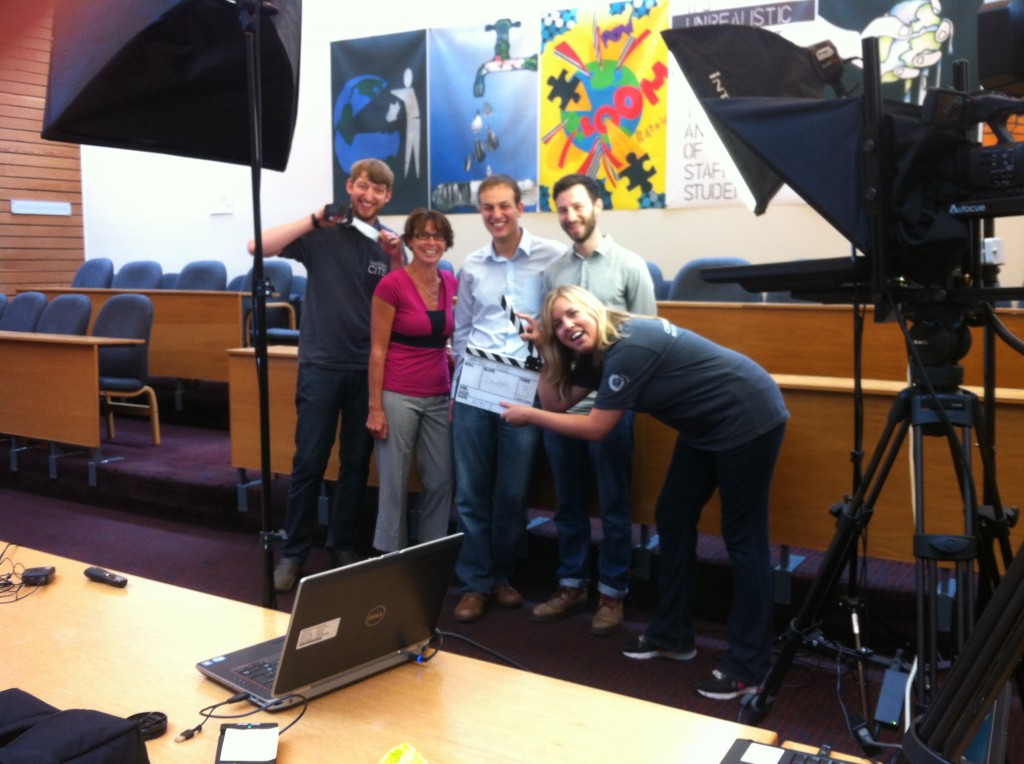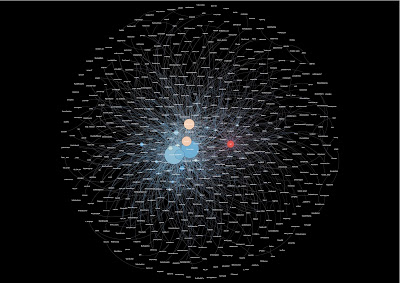WST 2014 Webinar Series – Web Observatories with Prof Dave de Roure
Please join us for the next in our series of Web Science Webinars for 2014. We are delighted to welcome Prof. Dave de Roure from the OeRC talk about Web Observatories, eResearch and the importance of collaboration/curation.
Date: Thursday, March 20, 2014
Time: 4:00 PM - 5:00 PM GMT
After registering you will receive a confirmation email containing information about joining the Webinar.
Continue reading →







